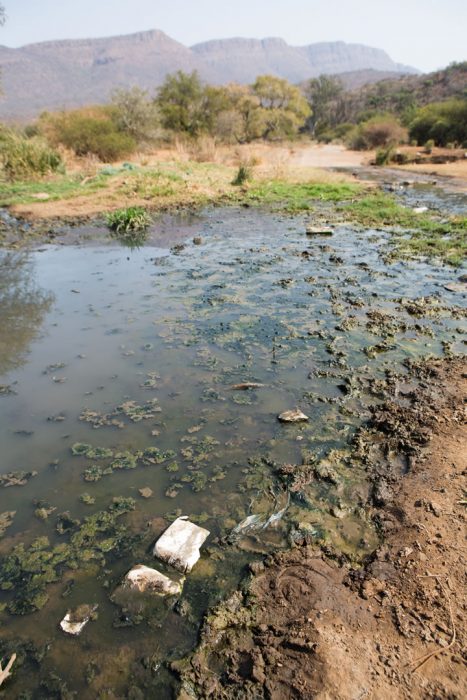 A ‘system’ is mostly a socially constructed entity. Systems approaches are used in a wide variety of disciplines to understand the relationships in complex systems. Peter Senge used this as the basis for a “learning organisation” (see MERL) in which organisations learn continuously so as to remain competitive.
A ‘system’ is mostly a socially constructed entity. Systems approaches are used in a wide variety of disciplines to understand the relationships in complex systems. Peter Senge used this as the basis for a “learning organisation” (see MERL) in which organisations learn continuously so as to remain competitive.
Problems are interconnected across different areas of interests (food, water, land, livelihoods, climate and so on) and across space and time. Our “integrated approaches” for collaborative action recognise that so-called ‘social’ and ecological systems cannot be separated but should rather be seen as one, interacting and complex socio-ecological system (or SES).
AWARD strongly supports the need for a systemic basin-wide approach to water resources governance. It is this commitment that underpins our transboundary approach, be it across administrative, political, social or economic ‘boundaries’. Residents play a central role in shaping the future and the custodianship of their own water resources. Not only is a strong stakeholder-centred process key but this needs to be supported by a robust and flexible enabling environment where good scientific and technical inputs support a learning and adaptive management and governance process. AWARD place a strong emphasis on a strategic adaptive management through systemic, social learning processes.

